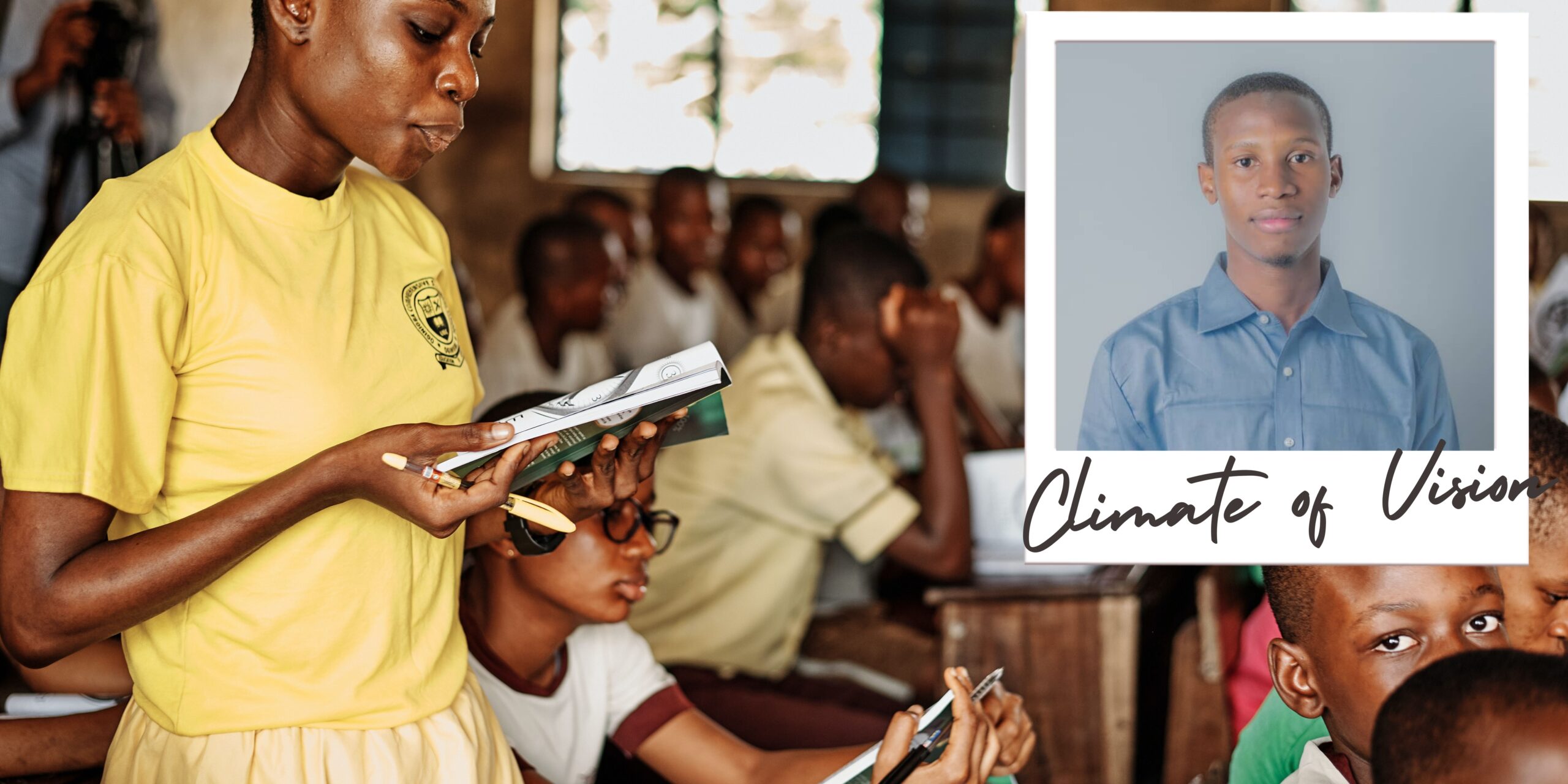QUALITY EDUCATION; THE BACKBONE OF DEVELOPMENT.


“Education is our passport for the future, for tomorrow belongs to those who prepare for it today”.
_Malcolm X
Looking at the literary meaning of education, it is the process of imparting knowledge, skill, and judgment. Education as a tool in shaping the mind and the future create a future filled with nurtured ideas that will hatch into dreams to attain growth and development.
Education in Nigeria has been paid little attention over the decades. Looking at the country’s annual budget, we still have a long way to go to attain quality education in the country. An education that will prepare its citizens to compete and contribute towards providing solutions to the world of humanity.
Looking at the allocation to the sector, we are yet to reach the United Nations Educational, Scientific and Cultural Organisations (UNESCO) recommendation for developing nations, which is 26 per cent of any country’s annual budget. But Nigerian’s allocation to the education sector is less than 10 per cent.
In 2016, 6.7 per cent was allocated to public education in the country. Likewise, in 2017, 2018, 2019, 2020, and 2021 respectively. In 2017, only 7.38 per cent was allocated to education out of the N7.29 trillion budget. 2018 was 7.04 per cent, 2019 was 7.05 per cent, 2020 was 6.7 per cent, and 2021 was 5.68 per cent. Looking at those statistics, the percentage keeps declining instead of increasing.
The challenge here is not to reach the standard but to improve from those previous years. To provide adequate funding to the education sector to produce people with a good mindset. People with innovative solutions to tackle challenges in the country. This will help use education to bridge the gap between developing and developed nations. This can be achieved only when we have visionary leaders who value education, are willing to sacrifice their comfort, serve the people, and build an atmosphere of innovation and change for humanity to contribute their quota towards providing solutions to problems.
This will take us to look at the allocation to the sector in the 2022 budget, which is only 7.9 per cent. Our neighbouring countries are far better than us. Take Ghana, for example, is allocated 23.81 per cent of its national budget to education in 2015, according to reports by the world bank. That is why some students move down to that kind of country for their education, not because they have more resources than Nigeria, but because they have paid attention to the education sector to provide a world-standard education with adequate facilities to carry out research.
Why is the allocation to this sector not increasing in Nigeria over the years? We paid more attention to other unnecessary things than the most important ones. We must differentiate between necessary and necessity, need and want, so that we can be focused and know what our country needs for its growth. And I think three sectors of the economy are the most important in every country: the education sector, health sector, and the security of a nation. If any of the three industries is mismanaged or paid little attention, it will disrupt the others. It’s tough for any country that pays little attention to its education sector to exceed expectations. Please look at all the developed nations in the world; they invested in the education sector, which opened doors of development to their country.
The county’s education is in poor condition and shrinking. Our public schools and tertiary institutions need adequate funding. This was one of the core objects of ASUU fighting for and always embarking on strike. To draw the federal government’s attention to invest in the sector, to provide an environment that enhances learning in the 21st century, where education is the most valued treasure, which will open a lot of opportunities to the country. The population is growing, and the education provision is low; this leads to a situation where the universities cannot accommodate that population. The universities must admit students to provide funding to keep the academic activities moving.
When you look at the structures of our universities, it was designed only to accommodate a few students in the class. And I think the past generation got a better education than the present generation. What will surprise you is when students go for practicals, accidentally that equipment they are to use are the ones their lecturers had used during their undergraduate studies, and that lecturer Is now a professor. That is why sometimes, when you look at our research, we can easily have inadequate data because the machines and equipment we are using are out of date. The world has developed advanced machines, facilities, and equipment to make work easy and convenient.
We urge the federal government to invest more in this sector because a society without education is like a body without a soul. To prepare for the future, education must be paid more attention to bridging the past and the present gap.
